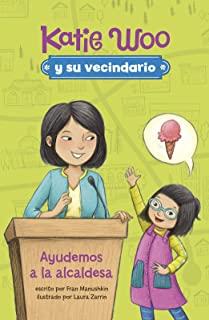
description
ies reorient the field of disability studies by centering the work of transnational feminism, queer of color critique, and trans scholarship and activism. They challenge the white, Western, and Northern rights-based genealogy of disability studies, showing how a single coherent narrative of the field is a mode of exclusion that relies on logics of whiteness and imperialism. The contributors examine how disability justice activists work in concert with other social justice projects, explore crip environments, create alternate disciplinary genealogies, and reject notions of the model minority. Throughout, they demonstrate how the mandate for a single genealogy of the discipline whitewashes disability and continues forms of violence. By cripping disability studies, the contributors allow for divergent histories, the coexistence of anti-ableist and antiracist theorizing, and a radically just and capacious understanding of disability. Contributors. Suzanne Bost, Mel Y. Chen, Sony Coráñez Bolton, Natalia Duong, Lezlie Frye, Magda García, Alison Kafer, Eunjung Kim, Yoo-suk Kim, Kateřina Kolářová, James Kyung-Jin Lee, Stacey Park Milbern, Julie Avril Minich, Tari Young-Jung Na, Therí A. Pickens, Leah Lakshmi Piepzna-Samarasinha, Jasbir K. Puar, Sami Schalk, Faith Njahîra Wangarî
member goods
No member items were found under this heading.
Return Policy
All sales are final
Shipping
No special shipping considerations available.
Shipping fees determined at checkout.







